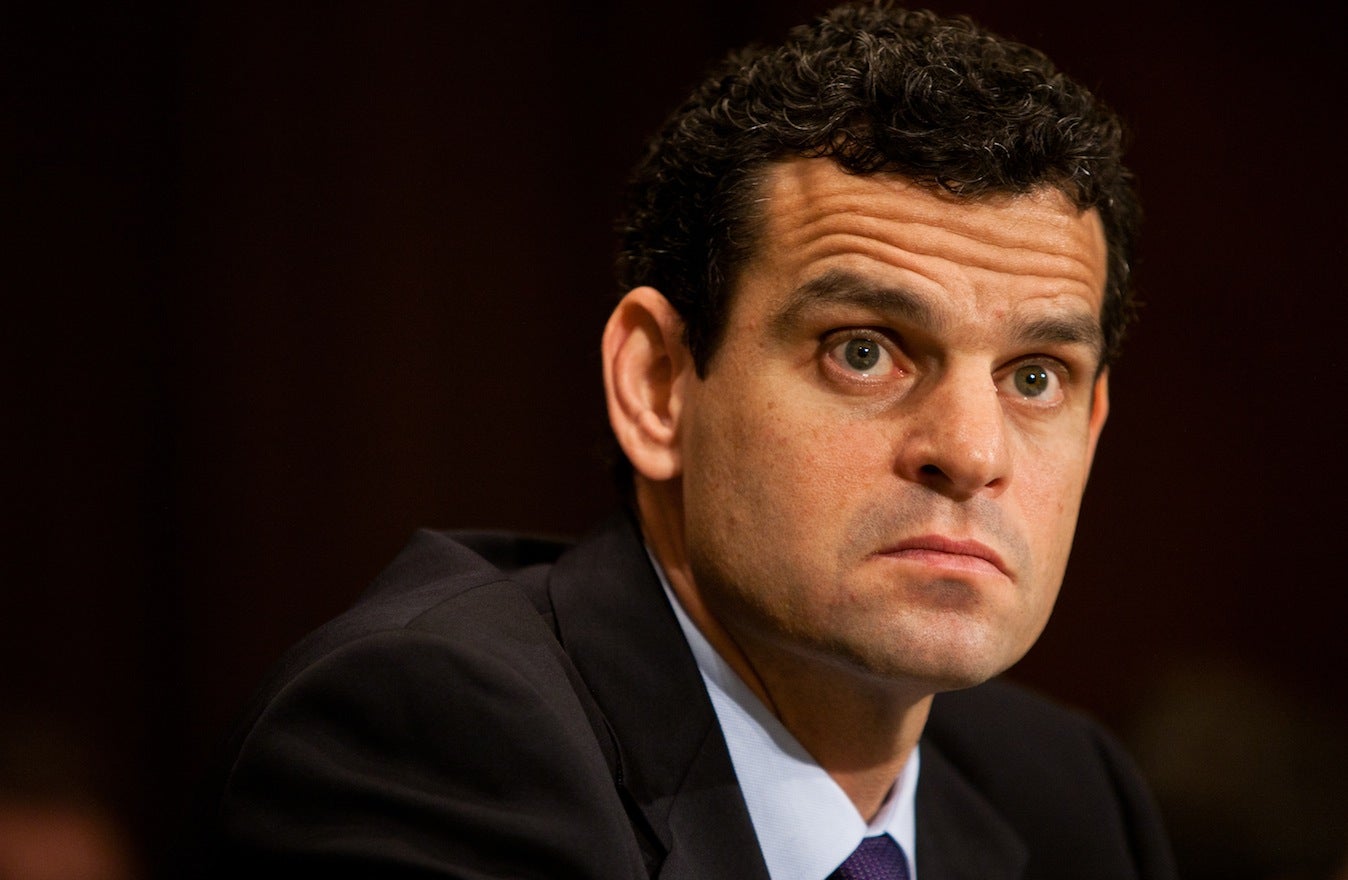WASHINGTON (JTA) — David Cohen, the former CIA deputy director, said President Donald Trump’s tasking a team whose goal is to justify a pullout from the Iran deal posed a “grave danger” to the U.S. ability to face international threats.
“The president’s reported demand for intelligence to support his policy preference to withdraw from the Iran nuclear deal risks politicizing intelligence analysis, with potentially grave consequences not only for national security decision-making but also for our ability to address a wide range of international threats,” Cohen, who left the CIA no. 2 position in January, said Friday in a Washington Post Op-Ed.
Trump last month recertified Iran’s adherence to the 2015 deal brokered by President Barack Obama, which trades sanctions relief for a rollback in Iran’s nuclear activities. But he did so reluctantly, at the behest of his national security adviser, H.R. McMaster; his defense secretary, James Mattis; and his secretary of state, Rex Tillerson. They argued that decertification would alienate U.S. allies because Iran is indeed complying with the deal’s strictures.
However, within days of giving the go-ahead to recertify, Trump reportedly tasked a separate team, led by his top strategic adviser, Steve Bannon, to come up with a reason to decertify Iran the next time the 90-day assessment rolls around, in October. Trump believes Iran is not abiding by the “spirit” of the deal because of its continued missile testing and its military adventurism and backing for terrorism – areas not covered by the deal.
Cohen, before he was tapped in 2015 by Obama to be deputy CIA director, headed the Treasury office that policed sanctions on Iran. He said in his Op-Ed that the ultimately successful fight to bring other nations onto the Iran sanctions regime was hampered by the reputational blow U.S. intelligence took after the Iraq war when it was revealed that intelligence assessments that Iraq had weapons of mass destruction — a key pretext for that war — proved groundless.
“When I traveled the world to build support for sanctions on Iran by presenting intelligence (with authorization, of course) on the progress of Iran’s nuclear program, the hangover from the Iraq intelligence failure was palpable,” he wrote. “But because our intelligence on Iran was unquestionably sound, we were able to persuade dozens of countries to work with us in pressuring Iran.”
The sanctions regime Cohen helped implement is believed to have forced Iran to come to the negotiating table to work out the deal.
Cohen is one of a handful of American Jews to reach the top echelons of the intelligence community.
JTA has documented Jewish history in real-time for over a century. Keep our journalism strong by joining us in supporting independent, award-winning reporting.






